Nigeria, a country with over 250 ethnic groups, is a treasure trove of diverse cultural traditions and fashion styles. From the colorful Yoruba gele (headgear) to the intricately woven Aso Oke fabric, traditional Nigerian fashion is a tapestry of history, art, and symbolism. The vibrant Ankara fabric, known for its bold and geometric patterns, is another iconic symbol of Nigerian fashion. The unique blend of colors, patterns, and textiles in Nigerian fashion reflects the country’s rich cultural heritage and celebrates its diversity.
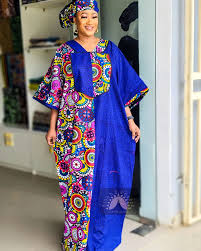


One of the most iconic traditional Nigerian fashion styles is the Agbada, a flowing, wide-sleeved robe worn by men. The Agbada is often made from rich fabrics such as brocade or lace, and its intricate embroidery and beadwork add a touch of regal elegance. The gele, a headwrap made from colorful fabrics, is also an integral part of Nigerian fashion. It is worn by women for special occasions and signifies femininity, grace, and beauty.
Contemporary African Fashion: A Fusion of Tradition and Modernity
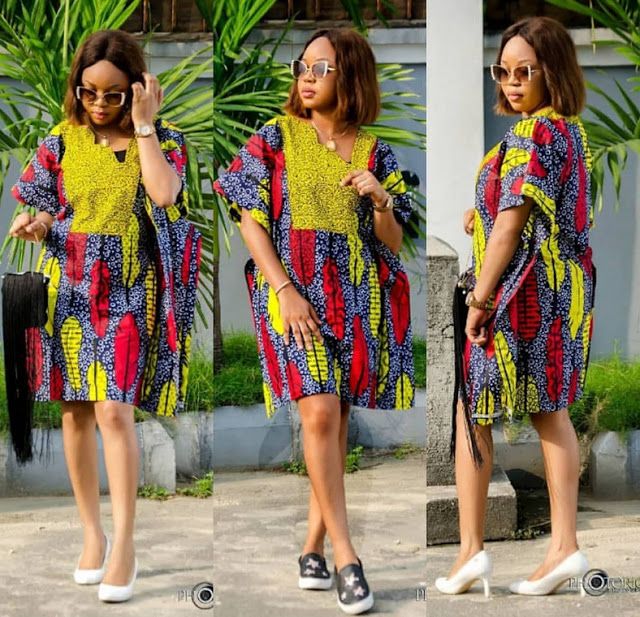
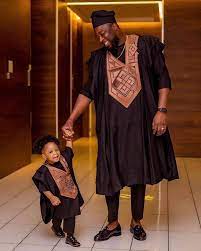
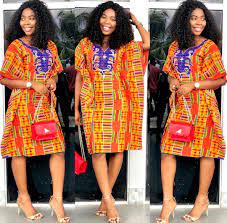
In recent years, African fashion has gained global recognition for its unique blend of tradition and modernity. African designers have been making waves on international runways with their innovative designs, bold colors, and rich cultural influences. From Lagos to Johannesburg, Accra to Nairobi, African fashion is thriving, with designers and fashionistas pushing the boundaries of creativity and style.
One of the defining features of contemporary African fashion is the use of traditional textiles and techniques in modern designs. Fabrics such as Ankara, Kente, and Dashiki are transformed into chic dresses, skirts, blouses, and accessories that are worn by people of all ages and backgrounds. The use of vibrant colors, bold patterns, and intricate beadwork in African fashion reflects the region’s cultural richness and diversity.
African fashion is also known for its emphasis on sustainability and ethical fashion practices. Many African designers are embracing eco-friendly materials, ethical production methods, and fair trade practices to create fashion that is not only stylish but also socially responsible. This commitment to sustainability and ethical fashion aligns with the growing global awareness of the need to protect the environment and promote responsible fashion practices.

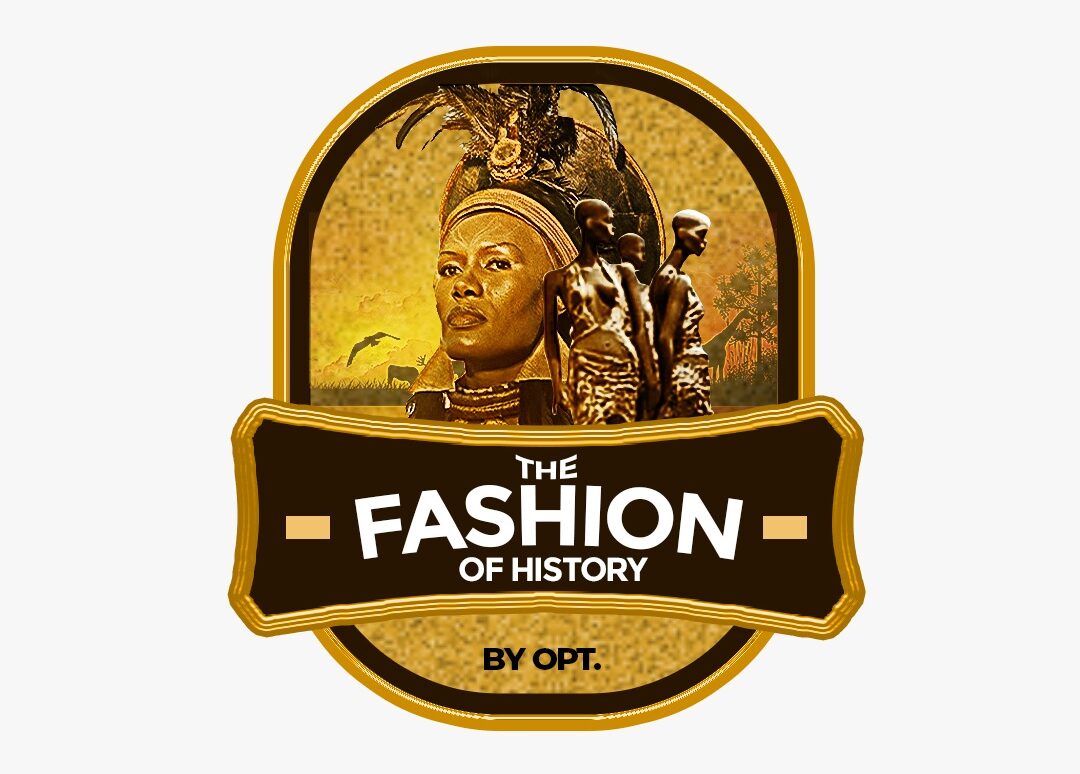
Kryptowährungen sind virtuelle Währungen, die
nicht von Banken oder anderen Drittanbieterinstitutionen betrieben werden. Verschiedene E-Wallets bieten schnelle, bequeme
und sichere Online-Zahlungen an. Ja, einige Casinos bieten Auszahlungen per Kreditkarte an.
Wenn Sie Ihre Auswahl aber etwas spezifizieren wollen, so können Sie eine Vielzahl von Filter auswählen, die Sie dort auch aufgelistet finden werden. Alle Casino Webseiten, die Sie hier finden, wurden vom Casino Guru Analyseteam gründlichst überprüft.
Sie müssen hierzu lediglich ein Konto bei einer der besten Casino Webseiten, die Sie auf dieser Seite
finden werden, anlegen. Vor allem dann, wenn Sie neu in der Welt der Online
Slots sind, sollten Sie diese Spiele wirklich zuerst kostenlos ausprobieren.
Wenn Sie verstehen möchten, wie ein Echtgeld-Slot auszahlt, müssen Sie die Gewinntabelle studieren. Lösen Sie das Jackpot-Bonusspiel aus,
indem Sie 3 Bonussymbole landen. Landen Sie 3 Bonussymbole,
um das Jackpot-Bonusspiel zu aktivieren. Progressive Jackpots sind bei Slot-Spielern beliebt, weil sie das
Potenzial für große Gewinne bieten.
References:
https://online-spielhallen.de/24-casino-erfahrungen-ein-umfassender-uberblick/
Our app continuously searches for casinos based on your location and helps you find the
closest ones with ease. The game goes like this, the dealer deals four cards to
eachplayer at the table including himself. With entertainment options for every taste, no matter how you choose to play,
there’s a place for you at Casino Canberra. Offering non-stop thrills and round the clock entertainment, this 24/7 beauty is a first class casino venue for anyone in Darwin.
Famous for its national horse racing prominence, Gulfstream Park is a
pretty casino/shopping/dining and entertainment venue, with 20 restaurant/bars
and over 20 retailers. They offer live Jai-Alai simulcast
racing on dogs and ponies. This 73,000 square foot casino
is located just south of its much bigger Hard Rock sibling.
References:
https://blackcoin.co/paypal-casinos-top-online-casinos-for-paypal-deposits-and-withdrawals/
You’ll know how to unlock bonuses and how different symbols work.
Playing pokies regularly by phone helps you to hone your mobile gaming skills.
With an Android or iOS smartphone, you can play these pokies anywhere, in your comfort.
So, we’ve lined up some of the best casino online slots in Australia.
The good and the bad sides of online gambling in Australia.
Before diving in and testing the casinos in-depth, we start with a more general stage where we look
at key benchmarks to help us select the best casino sites.
Each casino has different loyalty structures, but the best programs
provide consistent value, easy point accumulation, and real-money rewards.
No, online casino winnings are not taxable in Australia.
✅ Responsible gambling tools (deposit limits, self-exclusion programs, and reality check reminders) For example, pokies are widely available in New South Wales and Queensland but restricted to casinos in Western Australia.
Once confirmed, you are ready to use your bonus funds on eligible games.
The customer care team is available 24/7 and responds via email and live chat.
Meanwhile, returning members can claim reload offers and
take part in regular tournaments and challenges.
Meanwhile, you can deposit or withdraw a maximum of AUD 8940 per transaction. The lowest
deposit and withdrawal amount is AUD 15. This crypto-friendly gambling platform accepts popular digital coins such as BTC.
References:
https://blackcoin.co/no-deposit-casino-bonuses-for-australia-free-spins-signup-cash-offers/
paypal casino sites
References:
lr-mediconsult.de
casino mit paypal
References:
niftyhire.com